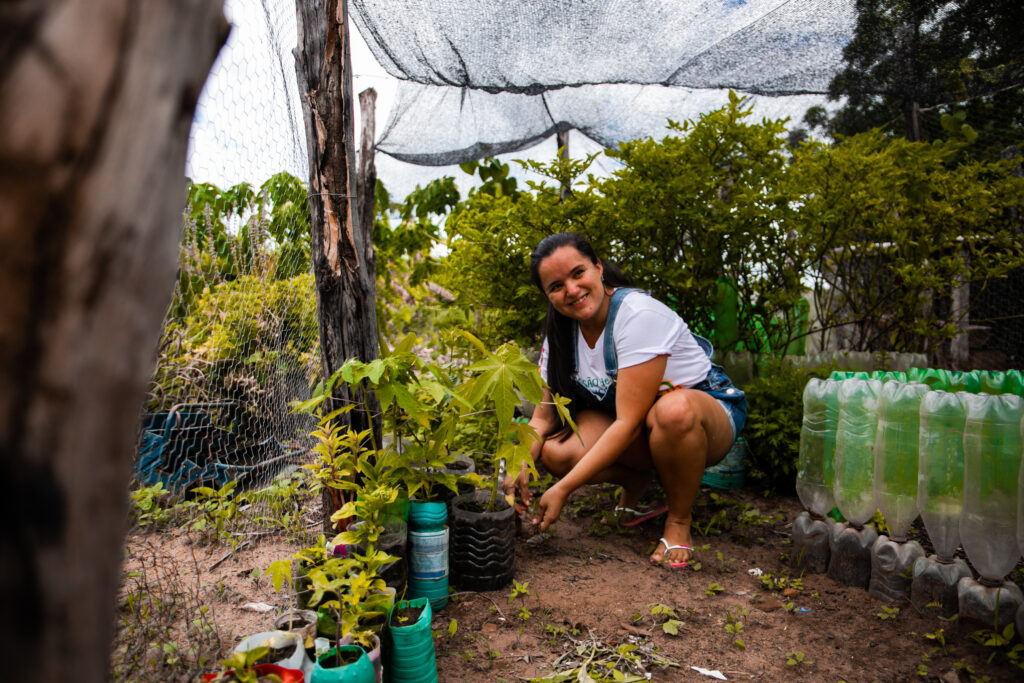Public Policies for Agroecology
Giovanni Xenophon
Consultant for ANA, the National Articulation of Agroecology, in the NE1 region, for the project Agroecologia na Boca do Povo.

The agroecological movement has been fighting for a long time to implement policies in our country that strengthen agroecology. In 2012, a presidential decree instituted the National Policy for Agroecology and Organic Production (PNAPO), which was interrupted in 2018 with the dismantling of the policies under the Bolsonaro government, and now in 2023 another decree institutionalizes the PNAPO again. We are therefore on the verge of building the III PLANAPO – National Plan for Agroecology and Organic Production. The construction of this plan is the task of the National Commission for Agroecology and Organic Production (CNAPO), which is made up of representatives from the government (50%) and civil society (50%). On the government side, there are a number of ministries and bodies that are key to implementing the policy, and on the civil society side, there are organizations and movements that are committed to promoting agroecology. A novelty of the current CNAPO is the equality between men and women and the percentage of at least 20% of representatives of traditional peoples and communities.
Two characteristics are fundamental for a National Agroecology Plan to be successful, one is that it must bring together a set of policies, some of which are already in place, as is the case with the PNAE, for example. In these cases, the struggle is to “agroecologize” these policies, in other words, to bring them into line with agroecological principles and logic. Obviously new policies also need to be created and implemented. Another characteristic concerns social participation, which is a fundamental condition for the proper functioning of politics and the strengthening of democracy.
Let’s hope that agroecology spreads throughout our country, and that municipal, state and national public policies contribute to sowing this way of life.
Nothing found.




